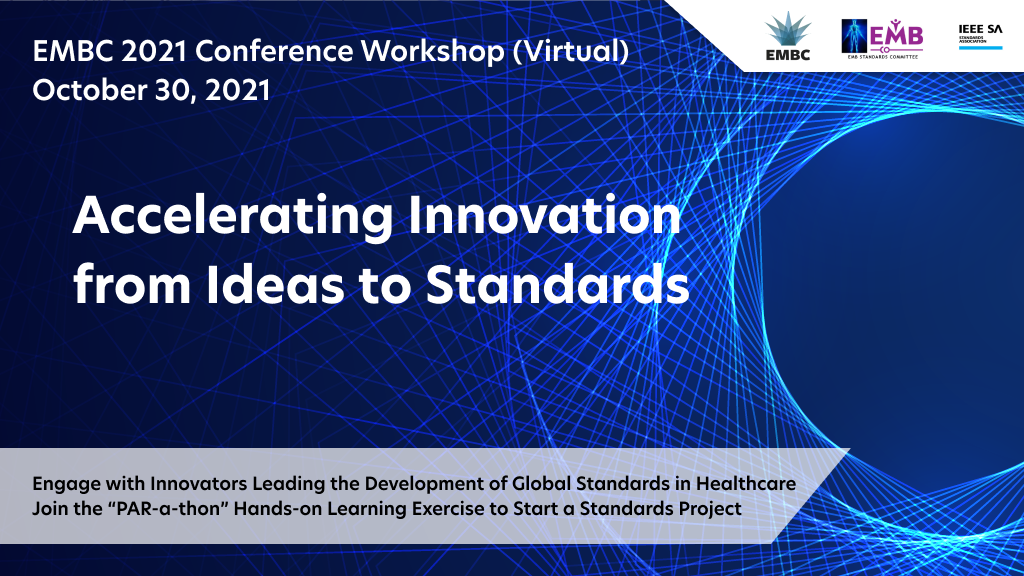
Workshop Speakers and Organizers
Standards Innovators
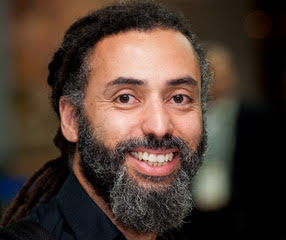
Ricardo Chavarriaga
Head of the Swiss office of the Confederation of Laboratories for AI Research in Europe
Bio: Passionate of responsible development and social implications of technology, Ricardo Chavarriaga is an engineer and neuroscientist with more than 15 years of experience in research on human-machine interaction, brain-machine interfaces, assistive technologies and artificial intelligence. His work is focused on responsible development of technologies that promote beneficial, humane interaction between human and intelligent machines.
Ricardo is the head of the Swiss office of the Confederation of Laboratories for AI Research in Europe (CLAIRE); Senior researcher at the Zürich University of Applied Sciences (ZHAW) and associate fellow at the Geneva Center for Security Policy (GCSP). Dr. Chavarriaga is the chair of the IEEE Standards Association group on Neurotechnologies for Brain-Machine Interfacing, and co-chair of the IEEE P2863 Working group on Recommended Practices for Organisational Governance of AI.
Title: Standards as a tool for advancing neurotechnologies: A researcher’s journey
Developing and deploying emerging technologies is clouted in uncertainty at technical, ethical, and societal levels. This is even more pronounced in the case of Neurotechnologies as they provide insights into one of the most powerful and fascinating structures in the universe: The human brain. As Neuroscientists and engineers focus on providing better tools for understanding the brain and mind, proper standards are required to allow these ideas to become impactful enablers for scientific discovery and solutions for improving the quality of life.
I will briefly recount my journey as a researcher involved in identifying priorities for standardisation in brain-machine interface and the promotion of standards as a powerful tool for ethically-aligned, responsible development of emerging technologies

Joel Libove
President, Furaxa Inc.
Bio: Joel Libove received a Ph.D. and M.S. in EECS from University of California Berkeley and a BSEE from Cornell University. He has designed approximately 200 board level products as well as 65 GaN,, SiGe, InP integrated circuits, primarily for military radar, high speed data acquisition and broadband communications to 100 GHz. He holds 19 patents, including two recently issued for microwave vascular and functional brain imagers. Joel is president of Furaxa, Inc, and chairman of Ultraview Corp.
Title: IEEE P2725.1 Standard for Microwave Structural, Vascular or Functional Medical Imaging Device Safety
Microwave brain imaging apparatus, while providing a higher degree of safety than most other imaging modalities, conveys new challenges to ensure that acceptable radio frequency (RF) power exposure limits are are not exceeded for both clinical patients as well as commercial users of microwave Brain Machine Interfaces (BMIs). The potential for use in wearable BMIs creates the requirement that said apparatus be worn for hours at a time without exposing the user to levels of RF energy that could present long term health risks. The P2725 standard therefore aims to ensure that microwave imaging apparatus does not subject clinical patients to levels of RF power levels that exceed those already deemed safe for use in MRIs, and further does not subject commercial BMI users to levels that exceed SAR limits already deemed safe for cell phone users. The standard further describes methodologies for continuous self-monitoring of transmitted RF power.
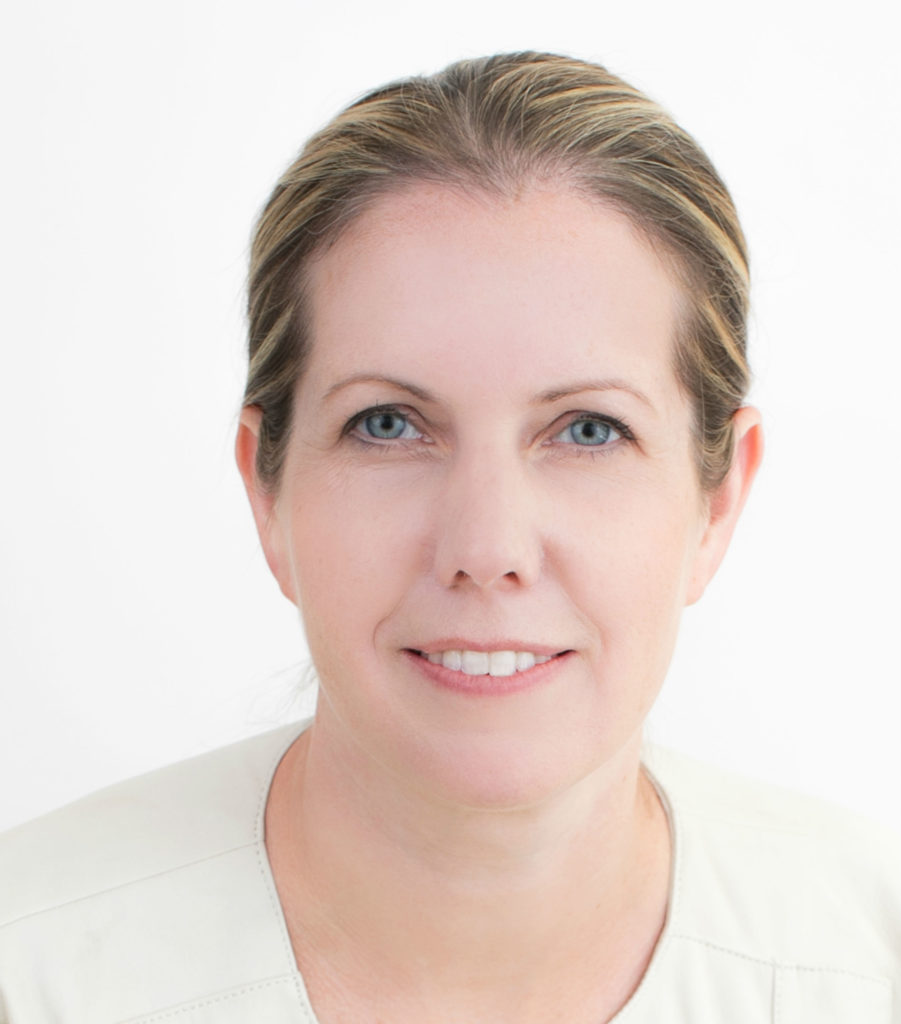
Moira Schieke
CEO & FOUNDER, CUBISMI INC.
Bio: Dr. Moira Schieke is a digital medicine innovator, cancer imaging and MRI expert, board-certified clinical radiologist, and CEO/Founder of Cubismi, Inc. Cubismi is pioneering interactive digital diagnostics to personalize actionable visualizations and precision insights to transform each patient’s journey. Using advanced human-computer interaction systems and integrated cloud-enabled communications, the company aims to significantly reduce misdiagnosis rates by improving cognitive ergonomics and communication across healthcare systems. Holding patented 5D Cancer Computer Vision technology, the company will also push new frontiers for precision era care.
Title: IEEE P2673, Intelligence Augmentation for Medical Imaging
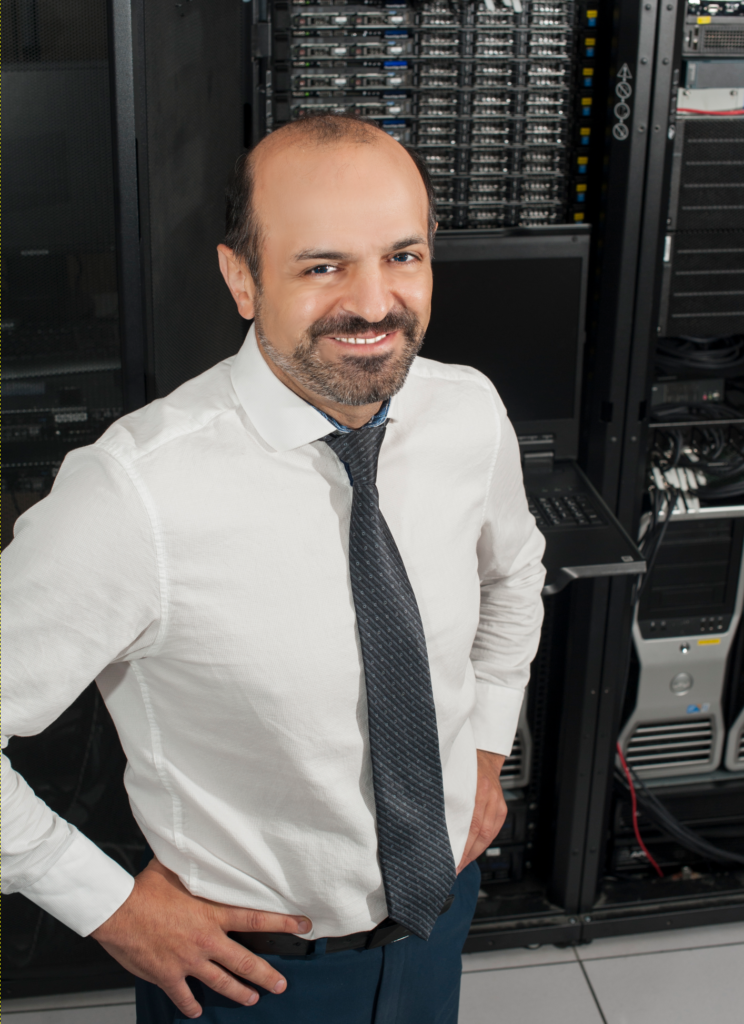
Vahan Simonyan
Chief Scientist DNAHIVE, Professor of Bioinformatics and Biostatistics George Washington University
Bio: I have a solid scientific background in varied academic disciplines: MS in Physical Organic Chemistry, Ph.D. in Quantum Physics and Mathematics, post-doctoral training in Nanotechnology and Quantum Statistical Thermodynamics. After 2001, I switched my expertise to biotechnology and biomedical informatics and served as senior scientific software architect at NIH/NCBI, as a lead scientist of HIVE, R&D Director of Bioinformatics at FDA, as a senior director of bioinformatics in biotechnology company and Chief Scientist at a healthcare IT company. I am an author of +100 scientific publications in physics, chemistry, quantum chemistry, nanotechnology, biotechnology, population dynamics, and bioinformatics. Additionally, I hold an adjunct professor position at the George Washington University, where I teach and develop curriculums for biomedical big data informatics and biostatistics research and development courses. I am a board member for several biotech companies, and advisor to national governments in digital healthcare. My accomplishments in academic and R&D technology careers have been complemented with the success of technology leadership roles at NCBI, FDA, in academia and in Industry where I established large-scale and complex, science-heavy R&D infrastructures capable of serving worldwide communities for research and regulatory purposes.
See Dr. Vahan Simonyan’s more detailed bio summary here.
Title: Bio-compute standard – a bridge between data and knowledge: why, what and how?
In the process of medical product development there are all types of standards: data formats, communications protocols, recipes in a lab or product manufacturing pipelines, and operating procedures in regulatory review processes. However, there was no comprehensive standard that covers the processes for communication of digital protocols in bioinformatics and healthcare: algorithms, parameters, inputs, usability domain, error domains. BioCompute targets standardization in biomedical informatics pipeline submission protocols between biotech, pharma, med-tech and FDA. It is the first step to ensure transparency, reproducibility and interoperability of bioinformatics that derives knowledge from biomedical data for medical product manufacturing.
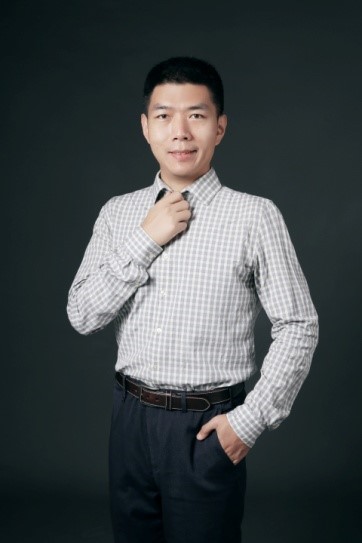
Hao Wang
Associate Professor at National Institutes for Food and Drug Control(NIFDC), National Medical Products Administration(NMPA), China
Bio: Dr. Wang graduated from Department of Biomedical Engineering, Boston University and served as a postdoctoral research fellow in Harvard Medical School. He joined NIFDC since 2015. Since 2019, he became the Secretary General of Standardization Organization of Artificial Intelligence Medical Device(AIMD) in China, which is affiliated with NMPA. Dr. Wang is coordinating the drafting and revision of sectoral standards in the area of AIMD
Dr. Wang’s research interest includes quality evaluation methodology of imaging medical device, medical device software and artificial intelligence medical device. He is the chair of IEEE AIMD working group and leading the drafting of IEEE P2801 and P2802. He is a committee member of IEEE Engineering in Medicine and Biology Society (EMB) Standards Committee and an expert on IEC TC62 Software, Network and Artificial Intelligence Advisory Group(SNAIG).
Contact information: wanghao@nifdc.org.cn, drhw@foxmail.com
Website: https://www.embs.org/sc/hao-wang/
Title: Progress on the Standardization of Artificial Intelligence Medical Device (AIMD)
Nowadays, AI technology is frequently integrated with traditional medical device and enables medical purposes such as computer aided diagnostics and treatment and rehabilitation, which boosts the growth of artificial intelligence medical device(AIMD). However, standardization of such medical device is challenging due to blackbox algorithm mechanism and its dependence on data.In this presentation, Dr. Wang will briefly introduce the standard drafting progress on behalf of IEEE AIMDWG in this field. Practical experience and thinking will be shared, including AIMD product testing service, data quality inspection, and data annotation quality control, which may provide information for development and implementation of further standards for AIMD.
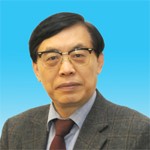
Yuan-Ting Zhang
Chairman and Director/CEO of Hong Kong Center for Cerebro-cardiovascular Health Engineering (COCHE) at the HKSTP & Chair Professor of Biomedical Engineering at Department of Mechanical and Biomedical Engineering, City University of Hong Kong
Bio: Professor Yuan-Ting Zhang is currently the Chairman and Director/CEO of Hong Kong Center for Cerebro-cardiovascular Health Engineering (COCHE) at the HKSTP and the Chair Professor of Biomedical Engineering at City University of Hong Kong. He is a LRG member of Karolinska Institutet MWLC. He was the Sensing System Architect in Health Technology and Sensing Hardware Divisions at Apple Inc., California, USA, the founding Director of the Key Lab for Health Informatics of Chinese Academy of Sciences (CAS) and the founding Director of CAS-SIAT Institute of Biomedical and Health Engineering. Professor Zhang dedicated his service to the Chinese University of Hong Kong from 1994 to 2015 in the Department of Electronic Engineering, where he served as the first Head of the Division of Biomedical Engineering and the founding Director of the Joint Research Center for Biomedical Engineering and where he led the development of the Bachelor, Master and PhD degree Programmes all in Biomedical Engineering.
Prof. Zhang serves as theEditor-in-Chief for IEEE Reviews in Biomedical Engineering, Chair of the Working Group for the development of IEEE 1708 Standard on Wearable Cuffless Blood Pressure Measuring Devices, an Organizer of IEEE-MDBS series, and a member of IEEE Medal panel for Healthcare Technology Award. He was the Editor-in-Chieffor IEEE Transactions on Information Technology in Biomedicine and the first Editor-in-Chief of IEEE Journal of Biomedical and Health Informatics. He served as Vice Preside of IEEE EMBS, Technical Program Chair of EMBC’98 in Hong Kong, Conference Chair of EMBC’05 in Shanghai, International Committee Co-Chair of EMBC’07 in Lyon, International Committee Chair of EMBC’ 11 in Boston, International Committee Chair of EMBC’13 in Osaka, and Technical Program Committee Co-Chair of EMBC’17 in Jeju Island. He was invited to give over 300 talks at various international conferences worldwide including those at the First IEEE Life Sciences Grand Challenges Conference held at the National Academy of Sciences in Washington DC in 2012, at the 40th IEEE-EMBS Annual International Conference (EMBC’18) in Hawaii in 2018, Earl Owen Lecture at SMIT-IBEC2018 in Korea, and at the 2019 Conference on Wearable Devices for Medical Diagnosis held at IIT in Israel. He was also the Chair of 2016-2018 IEEE Award Committee in Biomedical Engineering.
Prof. Zhang’s research interests include cardiovascular health engineering, unobtrusive sensing and wearable devices, neural muscular modeling and pHealth technologies. He was selected on thelists of China’s Most Cited Researchers by Elsevier for 6 consecutive years when he involved in founding a research institute under the Chinese Academy of Science. He won a number of international awards including IEEE-EMBS best journal paper awards, IEEE-EMBS Outstanding Service Award, IEEE-SA 2014 Emerging Technology Award.Prof. Zhang is elected as IAMBE Fellow, IEEE Fellow and AIMBE Fellow for his contributions to the development of wearable and m-Health technologies.
Title: IEEE 1708 Standard: Some Perspectives on New Metrics of Tonoarteriography (TAG)
Workshop Co-Chairs

Carole Carey
Founder and CEO , C3-Carey Consultants, LLC
Bio: Carole Carey is an IEEE Senior Member and a member of the IEEE Eta Kappa Nu Honor Society. She currently serves as chair of the EMBS Standards Committee, liaison to the IEEE Standards Association, and was selected as a recipient of the 2016 IEEE-SA Standards Medallion Award. She is a former U.S. FDA official in the Center for Devices and Radiological Health (CDRH) with over 23 years of regulatory science experience as a Scientific Reviewer, an International Advisor and as Director of International Staff. As a Senior Reviewer and peer-reviewed Expert Regulatory Review Scientist, she led multidisciplinary teams to evaluate safety and effectiveness data of highly complex, innovative cardiovascular devices. In this capacity, she was actively involved in the development of industry consensus device standards both at the national and international levels. She served for 2 years as a Mansfield Fellow where she conducted technical exchanges with regulatory counterparts in Japan’s Ministry of Health, Labour and Welfare (MHLW) and its scientific review arm, the Pharmaceutical and Medical Devices Agency (PMDA). Carole worked on regulatory device issues, scientific matters concerning device safety and effectiveness, the recognition of international standards, medical devices global harmonization initiatives, and bilateral agreements with other countries. In addition, she conducted capacity building device regulatory workshops in Europe, Asia and Latin America. Currently, she is a regulatory consultant and founded C3-Carey Consultants, LLC. The consultancy provides advice and strategic approaches in premarket submissions, investigational device clinical trials and postmarket compliance issues. Carole earned her Bachelor’s in Engineering degree from Johns Hopkins University and Master in Engineering Science Loyola University of Maryland with concentration in Computer Engineering.

John Griffith
Principal Artificial Intelligence (AI) Engineer and Deputy Site Leader, MITRE(University of Virginia)
Bio: John Griffith is a Principal Artificial Intelligence (AI) Engineer and Deputy Site Leader at MITRE’s University of Virginia Health site. John is a member of the IEEE Engineering in Medicine and Biology (EMB) Standards Committee and Secretary of the IEEE P2795 Working Group on Shared Analytics. John has worked across the federal government in areas including computational linguistics, data science, and science and technology analysis. His focus is on making the world a healthier place though health information technology. John’s approach involves identifying and nurturing new technologies and their creators by building bridges to the innovation ecosystem and partnering with international standards organizations to promote interoperability and adoption of transformational technologies.
ORGANIZING COMMITTEE
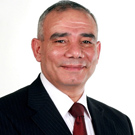
Hasan Alnashash
Vice Chair , EMB Technical Committee on Standards
Bio: Hasan Alnashash is a professor, Director of the Biomedical Engineering Graduate Program and former Chair of the Department of Electrical Engineering at the American University of Sharjah. The main themes of Dr. Alnashash’s research work are in the general areas of Neuroengineering, Signal processing and Microelectronics. His research publications are in cognitive vigilance assessment and enhancement, brain source localization in epilepsy, assessment of spinal cord and brain injuries, flexible implantable electrodes and low power electronic devices. In addition, he designed and developed several electronic instruments to measure various biodynamic parameters. He is the author of more than 100 journal and conference papers, 5 book chapters and 2 issued US patents. He is leading the effort to establish the Biosciences and Bioengineering Research at AUS. In addition, he was involved in establishing several electrical engineering departments and biomedical engineering specialization in Jordan, Oman and the UAE. Dr. Alnashash played an active role in organizing several biomedical and electrical engineering conferences. He is a senior member of the IEEE and the former Middle East and Africa representative on the IEEE-EMBS Administrative Committee. Dr. Alnashash received a number of awards and was the keynote and invited speaker at several conferences. Dr. Alnashash worked closely with several biomedical engineering departments and hospitals at the National University of Singapore, Johns Hopkins University, Rashid Hospital, the American Hospital in Dubai, Khlifa Hospital in Ajman and Jordan University Hospital.
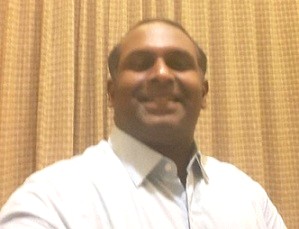
Pradeep Balachandran
Member, EMB Technical Committee on Standards
Bio: Pradeep Balachandran works as a technical consultant in the area of Digital Health. Pradeep holds a Bachelor of Electrical & Electronics Engineering degree and a Master of Science (Engineering) degree in Digital Signal & Image Processing. His professional experience spans across the domains of health information system design & development, speech and language technologies and e-Governance. He is a senior member of the IEEE and a member of the EMB technical committee on standards. Pradeep also serves as the Secretary for two IEEE Standards Working Groups namely IEEE P2650-Standard for Mobile based Pre-Screening Audiometric Systems and IEEE P2731- Standard for a Unified Terminology for Brain-Computer Interfaces.
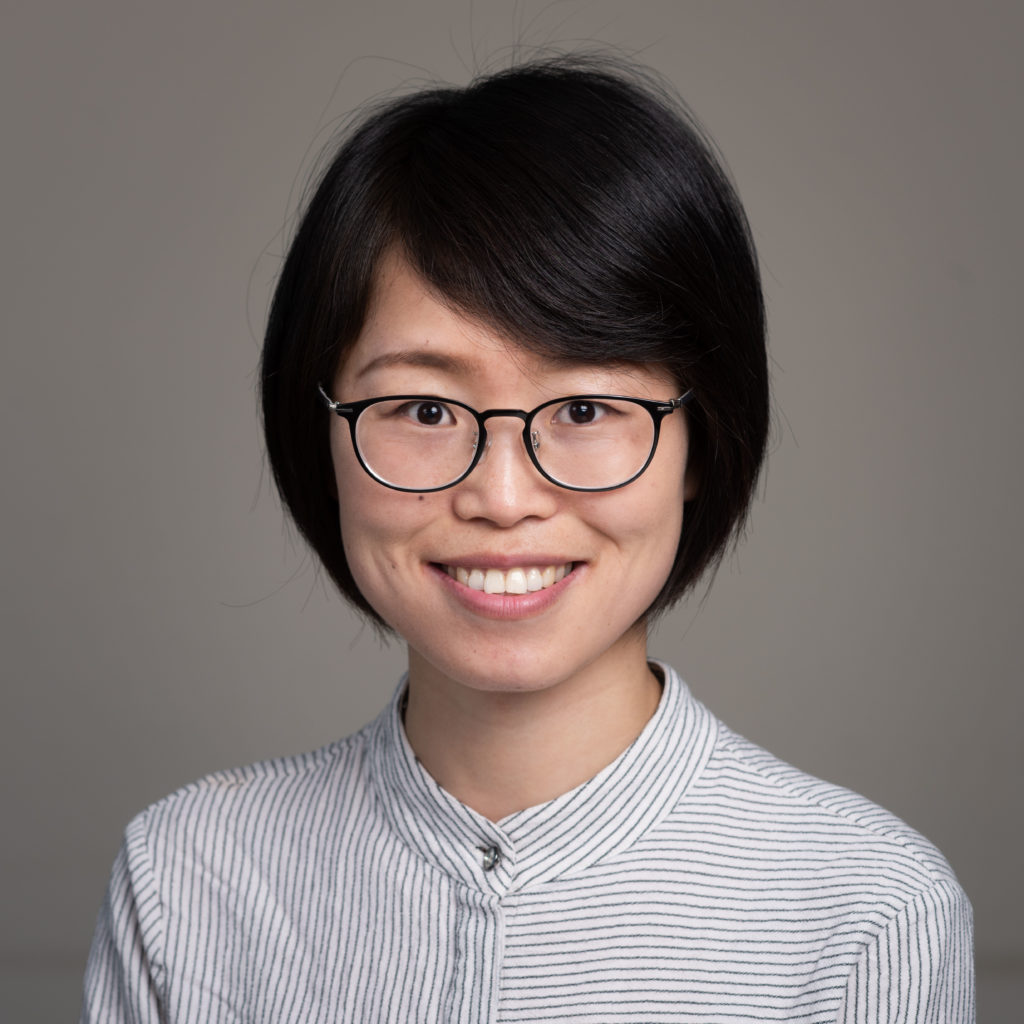
Xiaorong Ding
Member, EMB Technical Committee on Standards
Bio: Xiaorong is currently holding a position of research associate professor at the School of Life Science and Technology at University of Electronic Science and Technology of China (UESTC). Her current research focuses on smart wearable health and health informatics. She has graduated from Department of Electronic Engineering at CUHK in 2016, with her research work on wearable cuffless blood pressure estimation. After doing postdoc at CUHK for one year, she did her postdoc research at University of Oxford for about three years, with research work on developing the intelligent systems that can monitor patient condition at home and help patients manage long-term conditions.
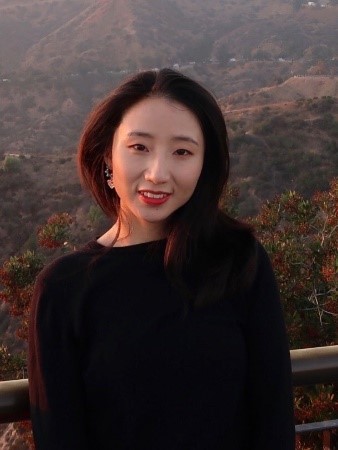
Jing Liu
Secretary, Wearable Cuff-less BP Monitors Working Group
Bio: Jing Liu is a Biomedical Engineer with Analog Devices, Inc. She received her Ph.D. in Electronic Engineering from the Chinese University of Hong Kong (CUHK) in 2018 and her B.S. degree in Computer Science from Wuhan University in 2014. Her Ph.D. dissertation focused on using multi-wavelength photoplethysmography for wearable blood pressure monitoring. She worked as a postdoctoral scholar at CUHK and the University of Southern California from 2018 to May 2021. She has been serving as the IEEE P1708 Standard Working Group Secretary since September 2018. Her research interests are cardiovascular modeling, physiological signal processing, and machine learning for cardiovascular health informatics.

Esteban Pino
Co-Vice Chair, EMB Technical Committee on Standards
Bio: Esteban J. Pino is Associate Professor at the Electrical Engineering Department in the Universidad de Concepcion, Chile. He was director of the undergraduate program in Biomedical Engineering from 2010 to 2016. Dr. Pino was a research fellow at the Brigham and Women’s Hospital in Boston, MA, working on remote patient monitoring. His research interests include physiological monitoring using unobtrusive sensors and medical devices for Point of Care Testing (POCT). He is currently the director of the Engineering for Life Center of the Engineering school, whose goal is to translate research into practical solutions to improve life quality.
Dr. Pino is an IEEE Senior Member and the first chair of the IEEE Chile Sur section formed in 2018. He is the author of several book chapters and published articles, associate editor and has been a volunteer in many IEEE committees.

Tom Thompson
IEEE SA Program Manager
Bio: Tom Thompson is a Program Manager with the Institute of Electrical and Electronic Engineers Standards Association (IEEE SA). He has more than 12 years of professional association experience serving in program management, committee organization, planning and administration, and research roles. He holds degrees in Economics and Psychology from Rutgers University and Montclair State University.
